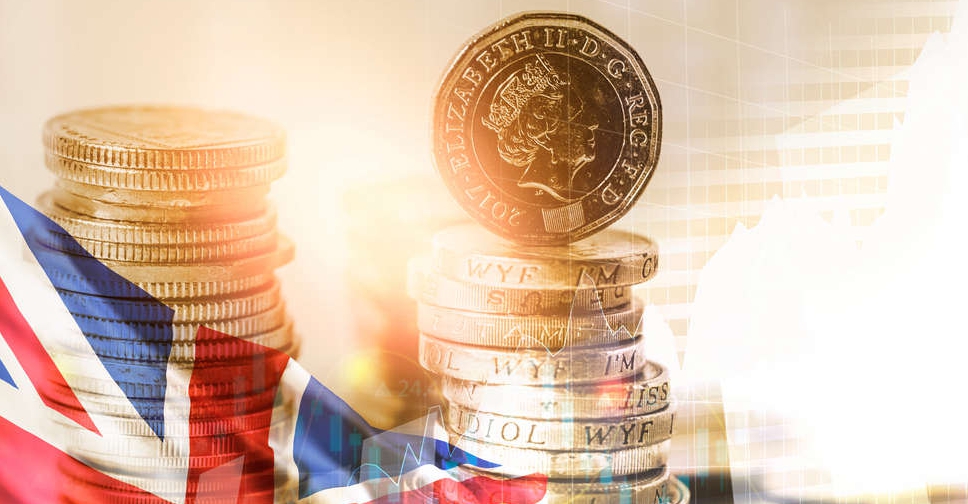
Britain's economy might be in a recession shortly after Finance Minister Jeremy Hunt suggested the Bank of England might cut interest rates to help boost growth.
This is according to data which showed output shrank in the July-to-September period.
Gross domestic product contracted by 0.1 per cent in the third quarter, the Office for National Statistics said on Friday.
It had previously been estimated that the economy showed no change compared with the previous three months, and economists polled by Reuters had mostly expected another unchanged reading.
The ONS also said economic output in the second quarter was now estimated to have shown no growth, a downward revision from a previous estimate of 0.2% growth.
However, separate data showed retail sales in November jumped by much more than expected, increasing by 1.3 per cent from October, boosted by discount sales.
Sterling rose against the dollar and the euro after the data was released.
Finance minister Hunt, whose Conservative Party is lagging far behind the opposition Labour Party in opinion polls ahead of an expected election next year, said the outlook for the economy was not as bad as the updated official figures suggested.
"The medium-term outlook for the UK economy is far more optimistic than these numbers suggest," he said in a statement.
In an interview with the Financial Times published late on Thursday, Hunt took the rare step of commenting on the BoE's interest rate decisions.
"There's a reasonable chance that if we stick to the course we're on, we're able to bring down inflation, the Bank of England might decide they can start to reduce interest rates," Hunt told the newspaper.
The ONS said fresh tax data showed smaller businesses, in particular, had struggled in the second quarter, especially hospitality and information technology, and the broader picture for the economy was one of little change over the last year.
The boost to retail sales volumes reflected heavy discounting during the Black Friday sales promotions, but sales fell over the three months to November and were still below their pre-pandemic levels, the statistics office said.




 Nasdaq set to confirm bear market as Trump tariffs trigger recession fears
Nasdaq set to confirm bear market as Trump tariffs trigger recession fears
 Dana Gas and Crescent Petroleum exceed 500M boe in Khor Mor field
Dana Gas and Crescent Petroleum exceed 500M boe in Khor Mor field
 China to impose tariffs of 34% on all US goods
China to impose tariffs of 34% on all US goods
 Shares bruised, dollar crumbles as Trump tariffs stir recession fears
Shares bruised, dollar crumbles as Trump tariffs stir recession fears
 Wall Street futures sink as tariffs fuel recession fears
Wall Street futures sink as tariffs fuel recession fears



